After attending Lorena Germán’s Coffee and Conversations session on meaningful inclusion of Black, Indigenous, and People of Color (BIPOC) in the classroom and in curriculum, SAP team members Joy Delizo-Osborne, Pascale Joseph, and Carey Swanson reflected on some of the questions raised during the session, their own personal and professional experiences with this topic, and how educators might involve families in this work. In this series of posts, Joy discusses the importance of intersecting the Shifts with discussions about anti-racism, Pascale reflects on her love of reading as a student, and Carey shares how incorporating mirrors and windows in curricular materials may have made a difference to her students.
I grew up preferring to hide in a nook of the house and read, rather than playing outside. Although I was shy as an elementary and middle school student, I slowly found my voice by reading about the voices of authors and characters who looked like me or came from a different background other than my own or what was being taught in school. My reading level surpassed that of my grade and I often found myself wandering into the young adult and adult sections of the public library rather than the children’s section. (At one point, my mother had to approve my checking out books that the librarians felt were beyond my reading level/age.) I read many of the classics by age 12, developing a strong love for Victorian-era literature like Dracula and The Picture of Dorian Gray. I absolutely loved Crime and Punishment by Dostoyevsky and enjoyed Mother Night by Kurt Vonnegut. Needless to say, I wasn’t reading what most children my age were reading, but I believe it was because my parents encouraged me and my siblings to push ourselves academically.
As I grew older, and finally found myself reading the books in high school classes that I’d already read on my own, I began noticing and questioning the absence of non-white identities in our curriculum. When summer reading was assigned, we always had the option of choosing a book of our own and submitting it for approval. Having grown tired of reading George Orwell, Jane Austen, and Geoffrey Chaucer, I opted for finding books by international authors. I laughed, cried, shouted for joy, and experienced a gamut of emotions in reading stories about Haitian history, self-discovery for a woman growing up in an Islamic country, and African, Asian, Mayan, and Persian folklore and mythology. (There is more out there than Edith Hamilton’s collections, folks!)I loved learning about cultures from around the world because it helped me develop a strong identity as a daughter of Haitian immigrants. It helped me appreciate and celebrate the differences in others. I craved and actively sought to learn about things outside of the socially constructed bubble of celebrated white, male authors.
All of this is to say that my experiences with text helped shape my worldview. As I listened to Lorena Germán’s reflections on meaningful inclusion of Black, Indigenous, and People of Color (BIPOC) in the classroom and in the curriculum, I also began to reflect on my own experiences. Here are some of those reflections:
What unique identities or perspectives do you bring to this discussion?
I am a first-generation college graduate with immigrant parents who instilled in me a strong sense of pride in my family’s culture. (My parents hail from Haiti.) Growing up in a multilingual household taught me much about how I view myself, how I view others, and how others view me. I can say with certainty that I identify as Haitian before I identify as American, and that is because of the appreciation that has been deeply ingrained in my soul from a very young age. I do not have children at the moment, but from the lessons taught to me by my parents and the experiences I’ve had in finding ways to celebrate my identity, I plan to instill in them the same sense of pride, conviction, determination, open-mindedness, bravery, and disruption that my parents and our culture’s history instilled in me. Lorena Germán’s discussion shook loose many memories and feelings that at my young age, I did not have a name for, but recognized as problematic. It reiterated the importance of establishing a classroom and a curriculum that reflects the world in its entirety.
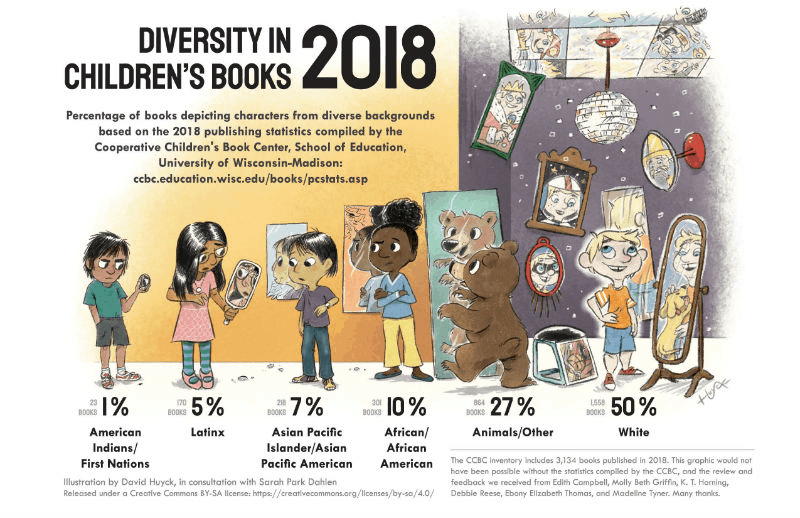
What does disrupting the canon mean to you?
Disrupting the canon to me is a necessary change that brings about truth and empowerment: the change needed to make sure that white American history is no longer a norm and BIPOC American history is an elective. Disrupting the canon means that we acknowledge the value in voices that are not eurocentric, and no longer use eurocentricity as the baseline for comparison. It is not to say that we should throw out the works of authors once held as the standard for high-quality, classic literature, but rather we should showcase that “high-quality” and “classic” are inclusive terms. It is necessary to question what was once upheld as the standard, especially in learning that many of the authors who were celebrated in my high school curriculum had problematic, racist, and violent personal lives.
What resources or suggestions do you have for teachers to share with families about this work?
Is H.P. Lovecraft included in your curriculum? Explore the works of Octavia E. Butler. Looking for autobiographies? Angela Davis and Asata Shakur are my personal favorites. Emily Bernard, Edwidge Danticat, Roxanne Gay, Nic Stone, James Baldwin, Albert Camus, Nawal El Saadwi, Suki Kim, Arundhati Roy, Marjane Satrapi, Lisa Bunker, and Adib Khorram are just a few additional authors whose stories explore other cultures and non-cis hetero identities and would be an excellent addition to high school curriculum.
It can be difficult to reach the parents of your students, even more than it is to reach your students themselves. Not everyone is open-minded or engaging. Not everyone will appreciate the enormous change that shifting from the status quo will cause in your classroom or in their homes and communities. Share the experiences that you have had from the professional learning you’ve attended. In fact, during a Parent-Teacher night, share the September 2020 Coffee and Conversations, where Lorena Germán discussed how we can plan for meaningful BIPOC inclusion in our curriculums. Initiate these conversations with parents. Follow #DisruptTexts to learn additional recommendations and resources.
One thing that I would definitely NOT recommend is doing nothing, because that is no longer an option for ourselves, our students, and our communities. There is a significant amount of damage done when we erase or ignore the identities of non-white and gender nonconforming students. While we may not understand the trauma that is induced, the impact continues well into adulthood and establishes a continuation of patterns where students who were not provided with the opportunity to celebrate the differences in one another give in to willful ignorance as adults. It is never too early to empower and uplift students, because what they learn early on will inform how they move in the world. We run a greater risk of doing a grave injustice to our communities by passively (or actively) reinforcing the systemic oppression of identities and cultures.







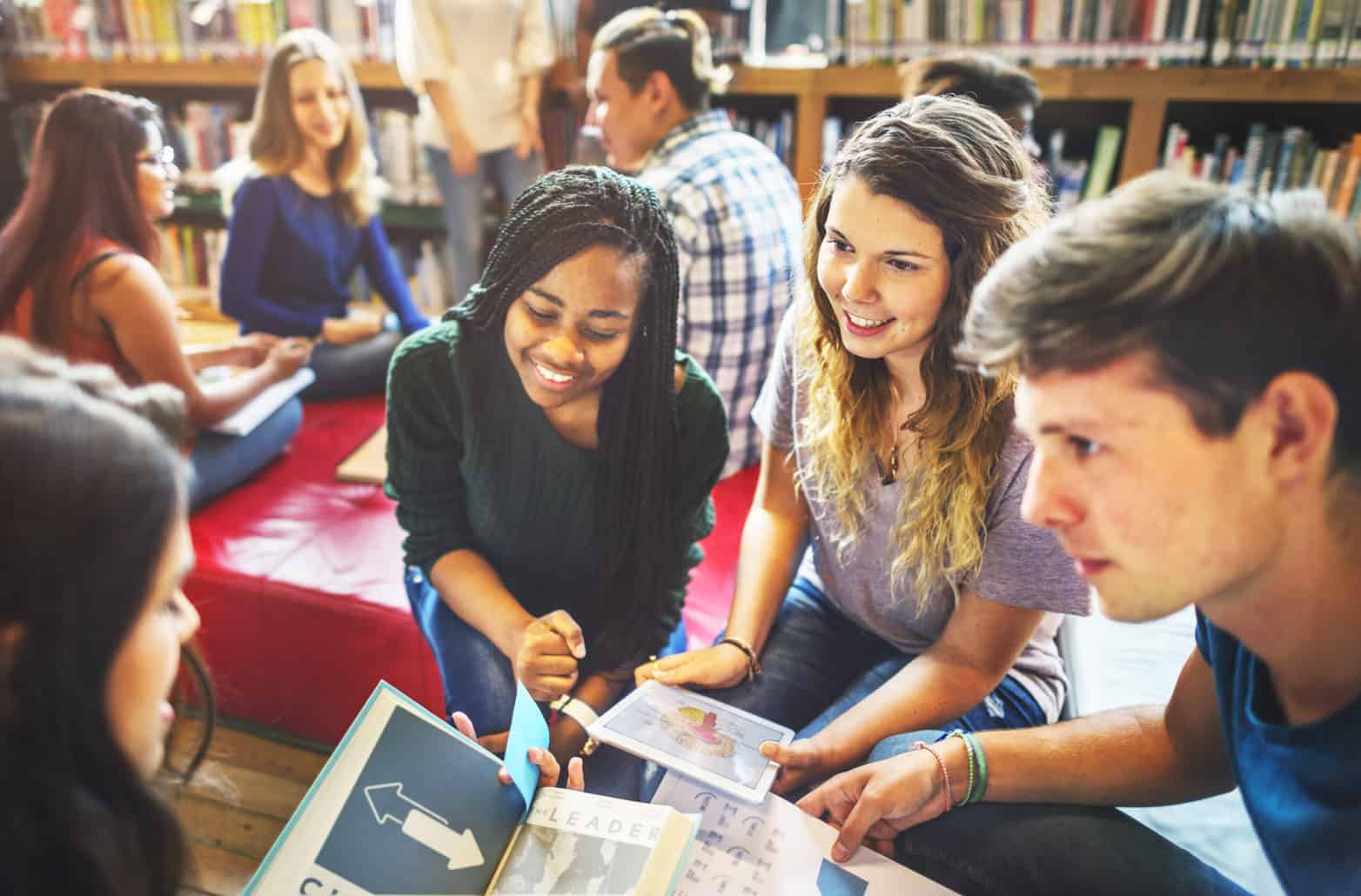






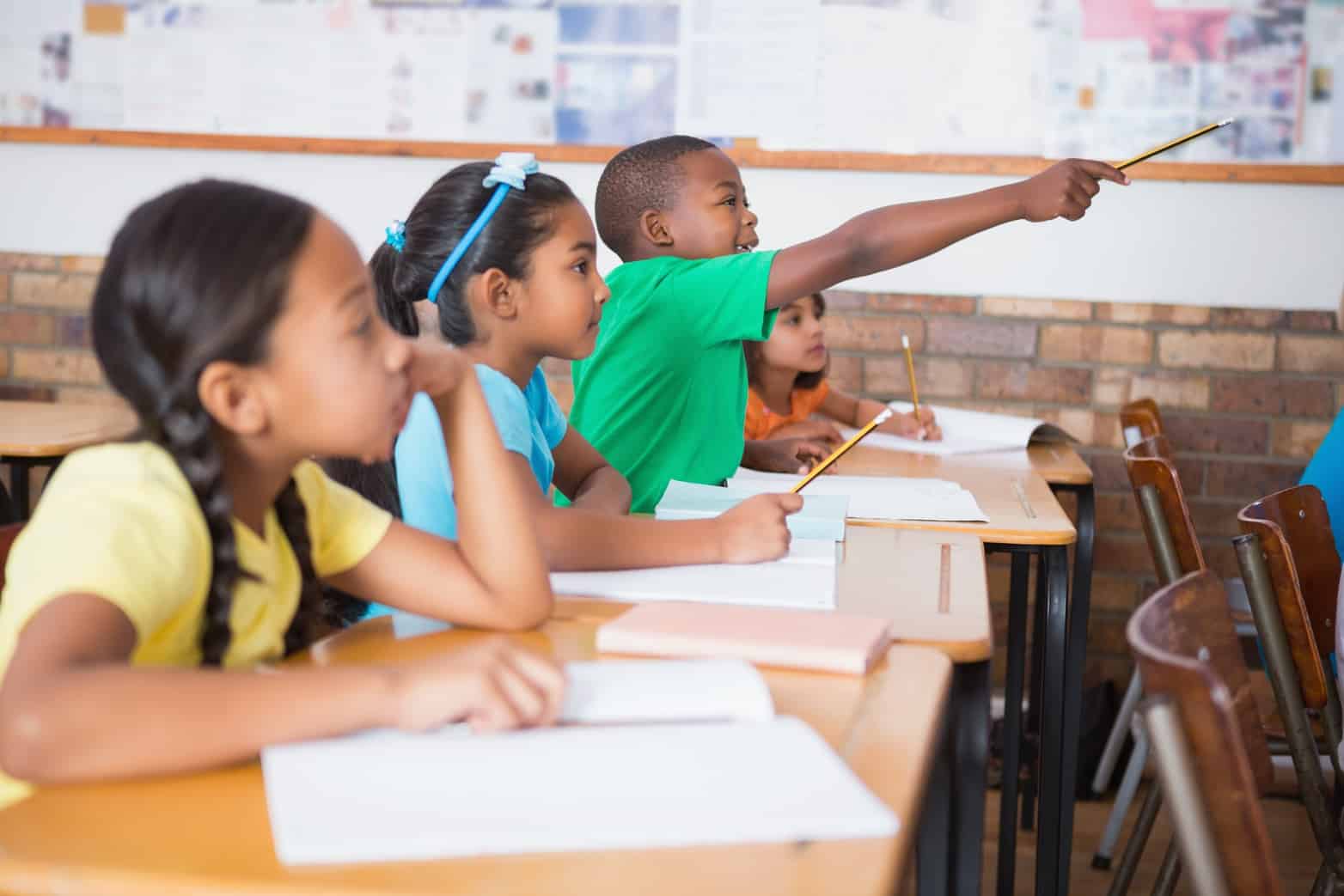

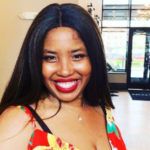
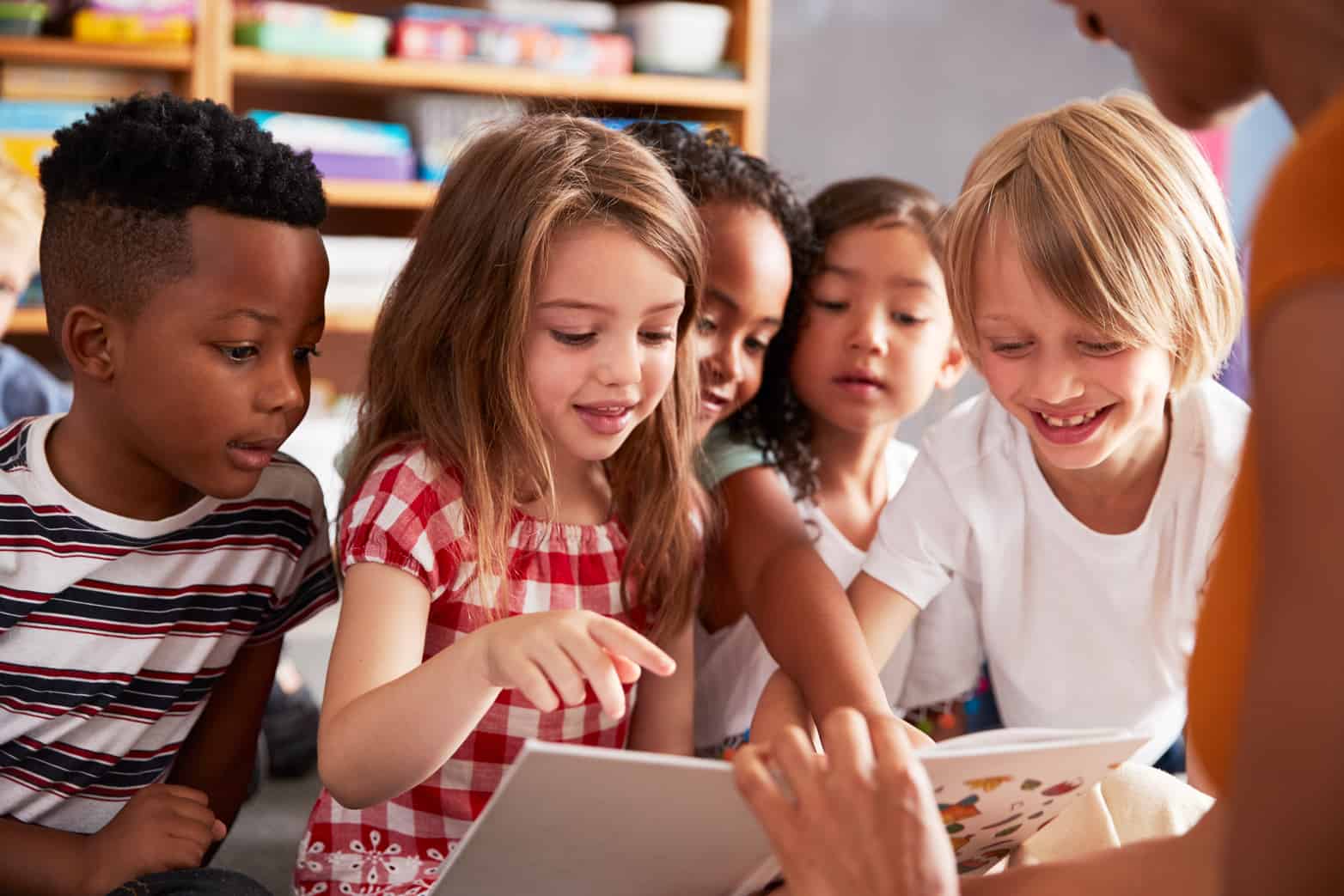
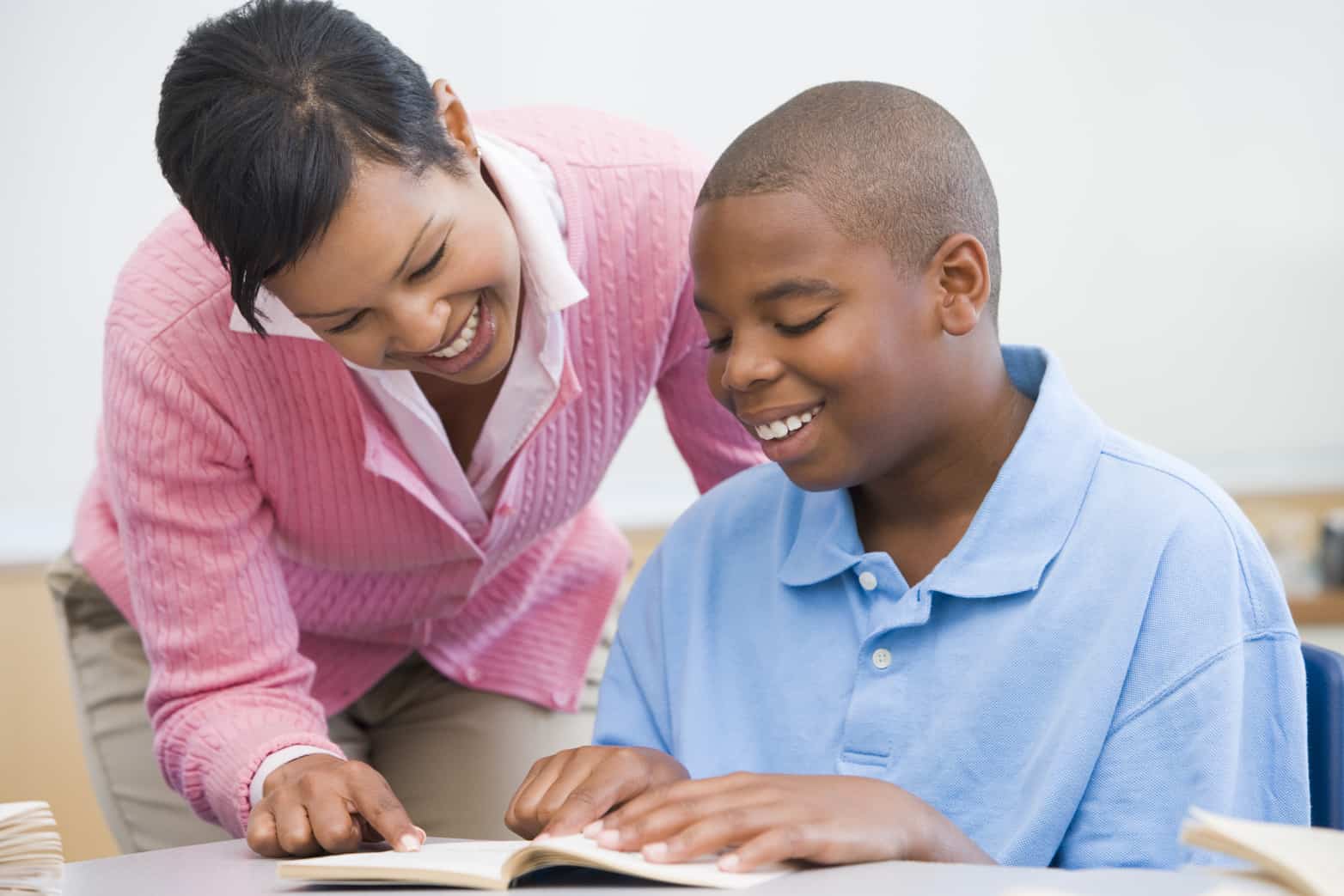
I would love to see more support for the ESL learners. As the number of students are growing nation wide.